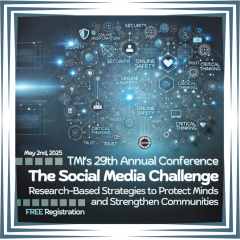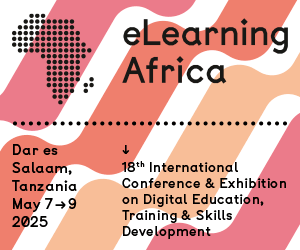How ICTs Can Help Build Peace, Security, and Stability
 Lusaka (ZM), June 2010 - "Information and communication technologies can play a major role in building peace, security, and stability in some of the most troubled places on the planet", says New Security Foundation Chairman, Dr Harold Elletson. Dr Elletson was speaking at the eLearning Africa conference in Lusaka, Zambia during a session hosted by the New Security Foundation that involved participants from all over Africa.
Lusaka (ZM), June 2010 - "Information and communication technologies can play a major role in building peace, security, and stability in some of the most troubled places on the planet", says New Security Foundation Chairman, Dr Harold Elletson. Dr Elletson was speaking at the eLearning Africa conference in Lusaka, Zambia during a session hosted by the New Security Foundation that involved participants from all over Africa.
"Terror, corruption, exploitation, hatred, and hostility all thrive in ignorance and darkness. That is one of the reasons why education, learning, and training, even at the most basic level, are so important. And it is why, when they are combined with the global reach that new methods of communication can now offer, they have the potential to bring about real and lasting change. They can bring light into the darkness, transforming despair into hope, ignorance into knowledge, and misfortune into opportunity!"
"In our modern, interlinked, globalised world, the closeness of the connection between education and security is becoming ever more apparent. Both depend on each other, and you can't have one without the other. That's why there can be no effective reconstruction, no lasting stability, and no long-term security unless education is a fundamental part of any post-conflict package."
"We have seen this recently in Iraq and Afghanistan, where the forces of darkness have sought to destroy schools or deny access to learning, but where education has also often been largely ignored in post-conflict reconstruction. We have seen it in dozens of post-conflict situations here in Africa, where the school system has often been the first victim of conflict and the last beneficiary of reconstruction.
And yet, we have also seen the effectiveness of the contribution education can make to reconstruction. In Northern Ireland, for example, part of the reason for the success of the peace process has been an understanding of the central importance of education, learning, and training in achieving a settlement and building stability."
"We now have a great opportunity to harness a myriad of new communication resources and put them to use in the service of education. In doing so, we can help to transform the lives and prospects of some of the least fortunate, most exploited, and most vulnerable people on Earth. If we seize this opportunity, we will turn a potential seed-bed of terrorism, crime, and corruption into a nursery of opportunity."
Other keynote speakers at the Conference included Joseph Kipkoech Langat of the SNV Netherlands Development Organisation of Kenya; Philip Kiptanui Mwei of Arnesen's High School, Kenya; Mathew Kituu of the eLearning Consortium, Kenya; Adewale Adesina of the National Open University, Nigeria; and Sidiki Traore of the African Virtual University, Senegal.
The fifth edition of eLearning Africa was held from 26-28 May 2010, with a record participation of 1778 delegates from 78 countries.










